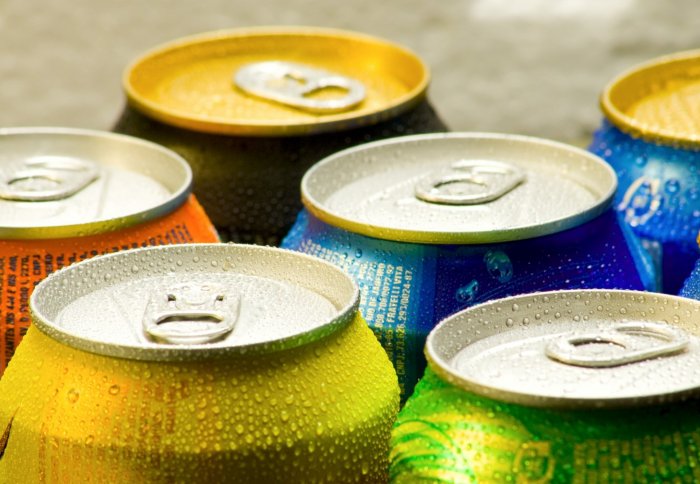Sugary soft drinks linked to type 2 diabetes risk
by Sam Wong

Drinking one extra sugar-sweetened soft drink a day can increase a person's risk of developing type 2 diabetes by 22 per cent, a new study suggests.
The finding is based on data from 350,000 people in eight European countries and published in Diabetologia, the journal of the European Association for the Study of Diabetes.
This study, by Dr Dora Romaguera at Imperial College London and researchers from the InterAct consortium, looked at consumption of juices, sugar-sweetened soft drinks and artificially sweetened soft drinks collected in the European Prospective Investigation into Cancer and Nutrition (EPIC study).
They found that each 336ml sugar-sweetened soft drink – roughly one can – drunk per day increased the risk of type 2 diabetes by 22 per cent. This increase in risk fell slightly to 18 per cent after accounting for total energy intake and body-mass index (BMI), suggesting that the effect of sugar-sweetened soft drink on diabetes is not purely down to body weight.
Given that people are drinking more and more sugary drinks in Europe, we need to give out clear messages about their harmful effects.
– Dr Dora Romaguera
School of Public Health
People who drank more artificially-sweetened soft drinks were also more likely to get type 2 diabetes, but this association appeared to be because participants with a higher BMI tend to drink more artificially sweetened drinks and are also more likely to develop diabetes.
Drinking pure fruit juice or nectar (diluted juices, sometimes with additives) was not associated with diabetes risk.
A meta-analysis of previous studies, mainly in North America, found a 25 per cent increased risk of type 2 diabetes for each daily sugar-sweetened drink.
“The increase in risk of type 2 diabetes among sugar-sweetened soft drink consumers in Europe is similar to that found in studies in North America,” said Dr Romaguera, part of the School of Public Health at Imperial. “Given that people are drinking more and more sugary drinks in Europe, we need to give out clear messages about their harmful effects.”
The research is funded by the EU FP6 programme.
Reference
The InterAct Consortium ‘Consumption of sweet beverages and type 2 diabetes incidence in European adults: results from EPIC-InterAct’ Diabetologia 2013. DOI 10.1007/s00125-013-2899-8
Article text (excluding photos or graphics) © Imperial College London.
Photos and graphics subject to third party copyright used with permission or © Imperial College London.
Reporter
Sam Wong
School of Professional Development